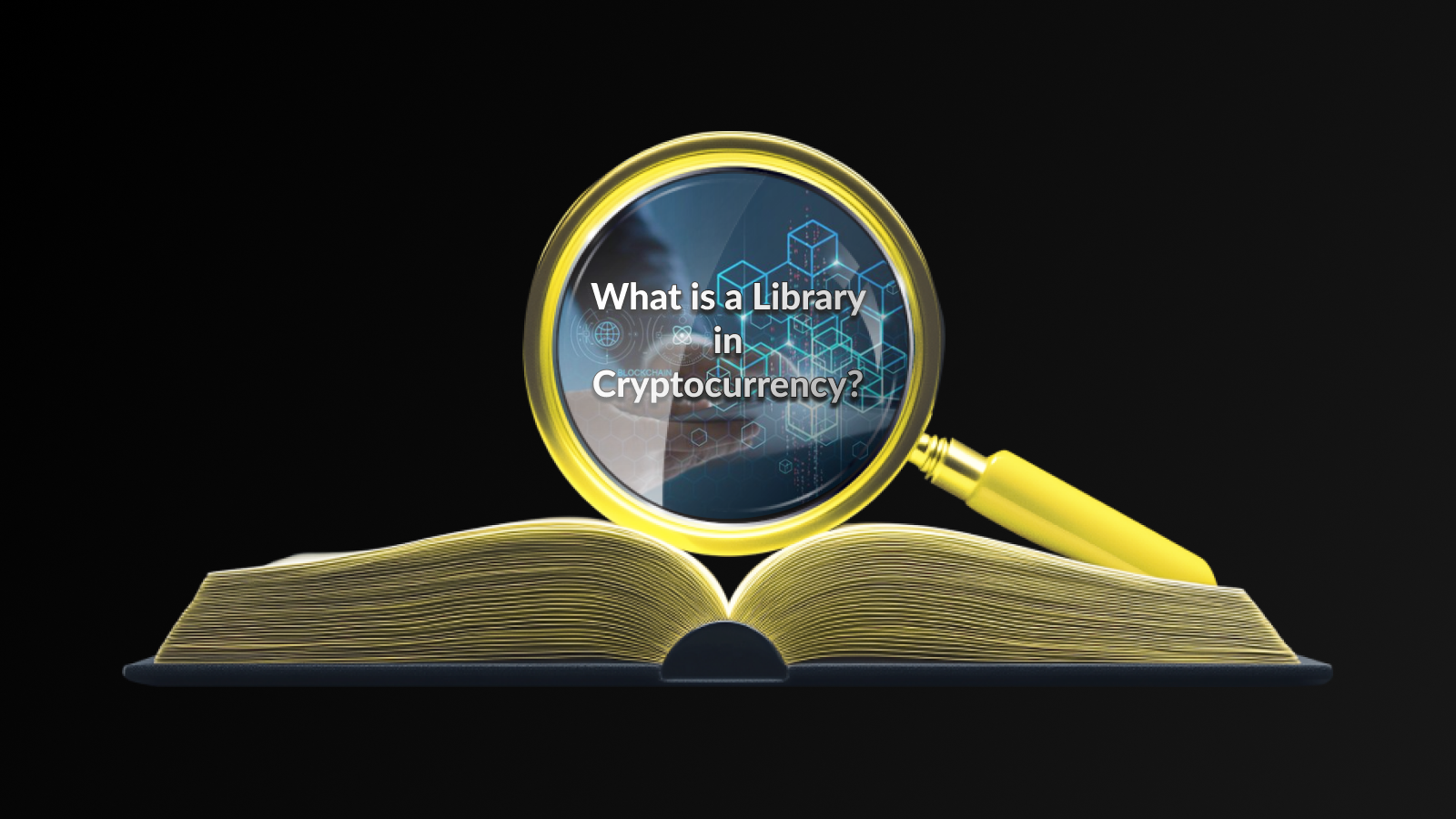How Do Libraries Work in Blockchain Development?
In the realm of Blockchain Development Libraries, libraries serve as essential tools that simplify and streamline the process of building blockchain applications. These libraries include pre-written code snippets, functions, and protocols tailored for specific tasks that developers often face, minimizing the amount of time and effort needed to write code from scratch.
Typically, libraries focus on various aspects of blockchain technology, such as transaction handling, network interactions, and security protocols. Here are some key ways in which these libraries work:
- Standardized Functions: Libraries provide standardized functions for routine tasks like creating wallets, signing transactions, and executing Smart Contract Programming. This standardization promotes consistency and reduces human error in coding.
- Modularity: Blockchain libraries often follow a modular design, allowing developers to integrate only the components they need for their specific applications. This modularity aids in maintaining cleaner code and enhancing project scalability.
- Interoperability: Many libraries are designed to work across different blockchain platforms, ensuring interoperability. This allows developers to build applications that can communicate with multiple blockchains, enhancing their functionality and reach.
- Updates and Community Support: Open-source libraries benefit from community contributions, which often lead to enhanced features, security improvements, and regular updates. Developers can tap into a vast pool of resources, tutorials, and documentation that accompany these libraries.
By leveraging Blockchain Development Libraries, developers can focus more on the unique aspects of their projects rather than getting bogged down by the complexities of underlying blockchain principles.
Popular Libraries in the Crypto Ecosystem
When it comes to Blockchain Development Libraries, several notable libraries have emerged that significantly enhance the development process within the cryptocurrency space. Each library offers unique features and functionalities that cater to various aspects of blockchain and smart contract programming.
- Web3.js: A popular JavaScript library that facilitates interaction with the Ethereum blockchain and allows developers to build decentralized applications (DApps) seamlessly. It enables functionalities like smart contract interaction and account management.
- ethers.js: Another JavaScript library, ethers.js simplifies Ethereum development by offering a smaller, more focused toolkit for smart contract programming and providing better security practices.
- Truffle Suite: A comprehensive suite that includes Truffle as a development environment, Ganache for blockchain simulation, and Drizzle for frontend development, making it a go-to solution for full-stack blockchain development.
- Solidity: While technically a programming language, Solidity libraries enhance smart contract programming by providing reusable components for Ethereum contracts, allowing developers to deploy efficient and effective code.
- OpenZeppelin: A library of modular, reusable code for Ethereum, designed to implement secure smart contracts easily. It includes standard contracts and tools that help developers to avoid common pitfalls in smart contract programming.
These libraries not only streamline development but also increase the security and efficiency of cryptocurrency projects, enabling developers to focus on creating innovative solutions in the blockchain ecosystem.
Why Are Libraries Important in Cryptocurrency?
Libraries play a crucial role in the world of cryptocurrency, especially in the realm of Blockchain Development Libraries. They provide developers with pre-built functions and frameworks that streamline the coding process, allowing for more efficient and effective development. This is particularly important in a field as complex and evolving as cryptocurrency, where the need for secure and reliable applications is paramount.
One of the key reasons libraries are important is that they facilitate Smart Contract Programming. By using established libraries, developers can avoid reinventing the wheel and leverage proven code to implement smart contracts. This not only saves time but also reduces the risk of bugs and vulnerabilities, which are significant concerns in blockchain applications.
Additionally, libraries help in maintaining interoperability between different blockchain platforms. As the crypto ecosystem grows, so does the necessity for applications to communicate across multiple blockchains. Libraries designed for cross-blockchain functionality enable developers to create versatile applications that work within diverse environments.
Furthermore, utilizing libraries fosters a sense of community among developers. Many libraries are open-source, allowing developers to contribute to and improve the code collectively. This collaborative spirit enhances innovation and allows for the rapid evolution of technology in the cryptocurrency space.
Libraries are not just tools; they are essential components that drive progress in cryptocurrency development, making it easier for developers to build secure, efficient, and effective applications.
Disclaimer
This article is for informational purposes only and does not constitute financial, investment, or legal advice. Blockchain development involves technical complexities and security risks. Developers should conduct thorough research before using blockchain libraries in production environments.
Click for more education articles





